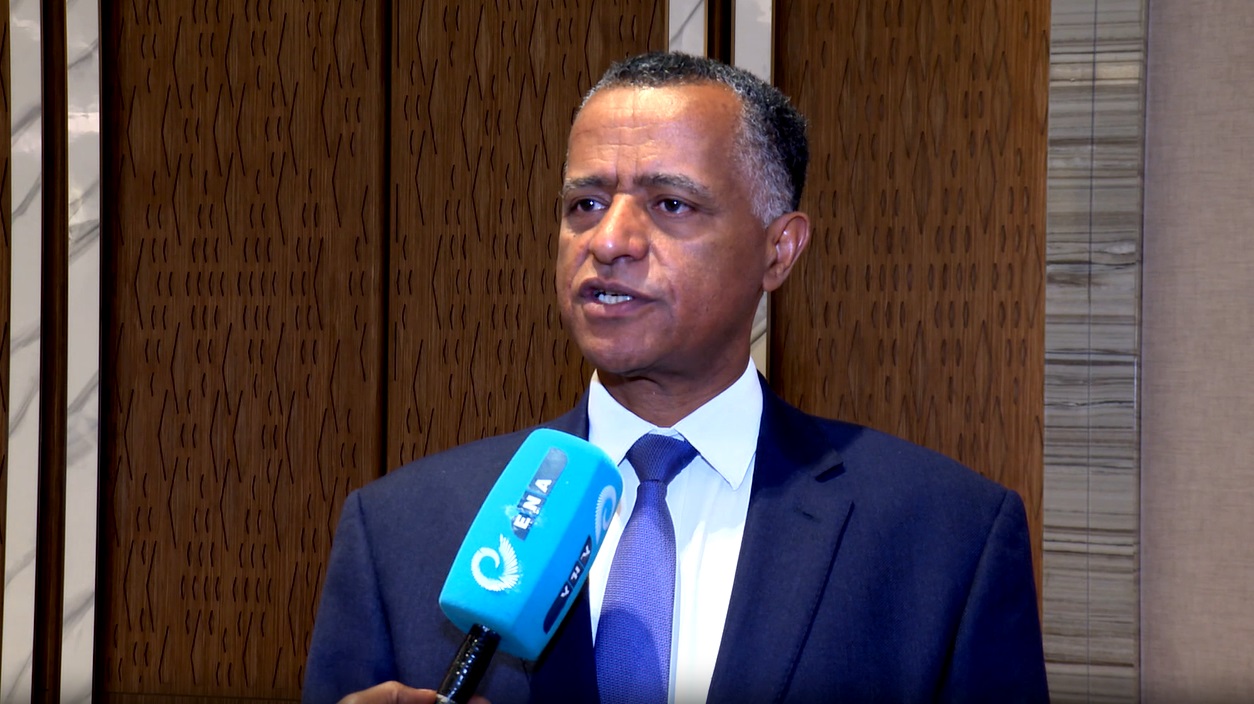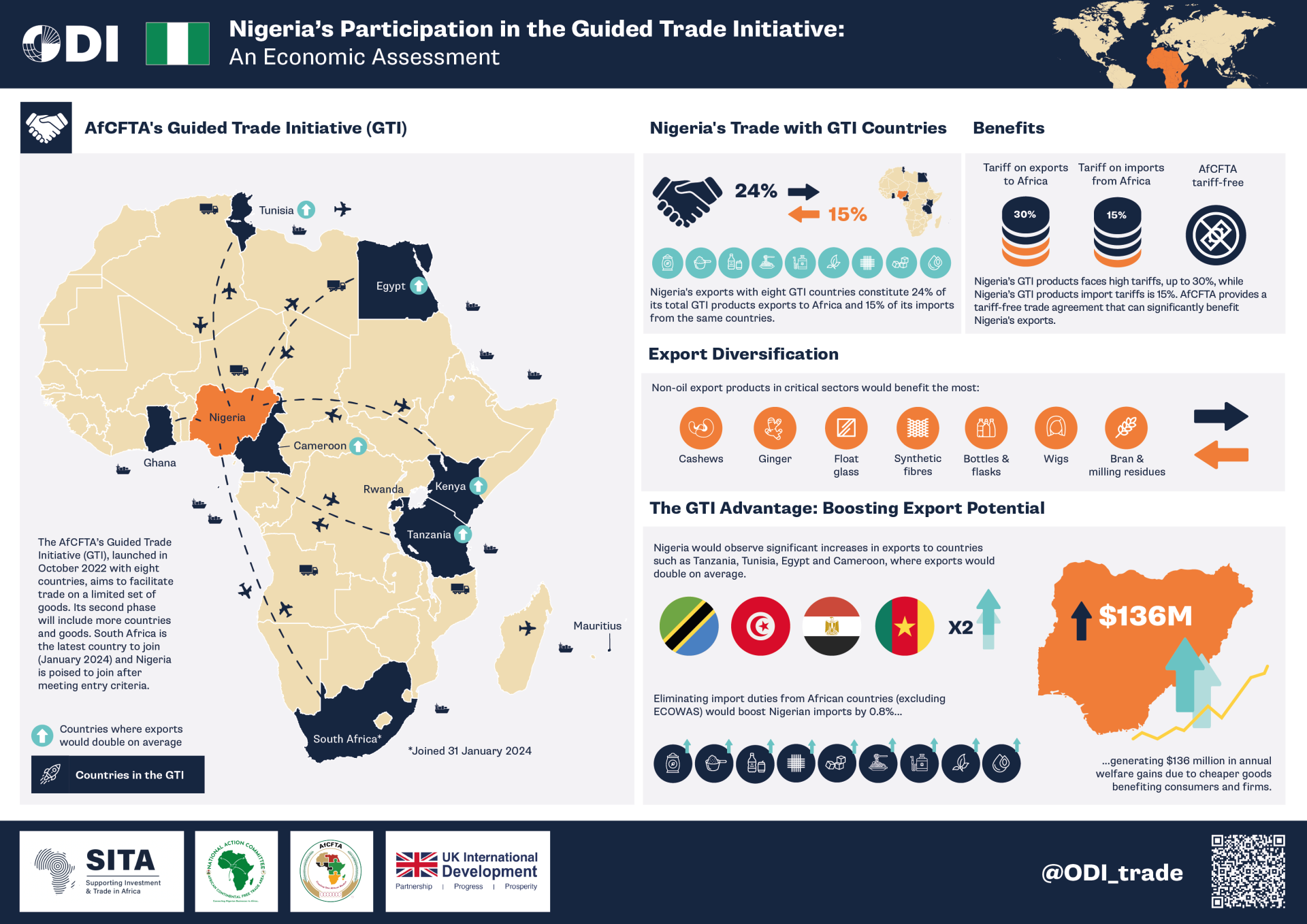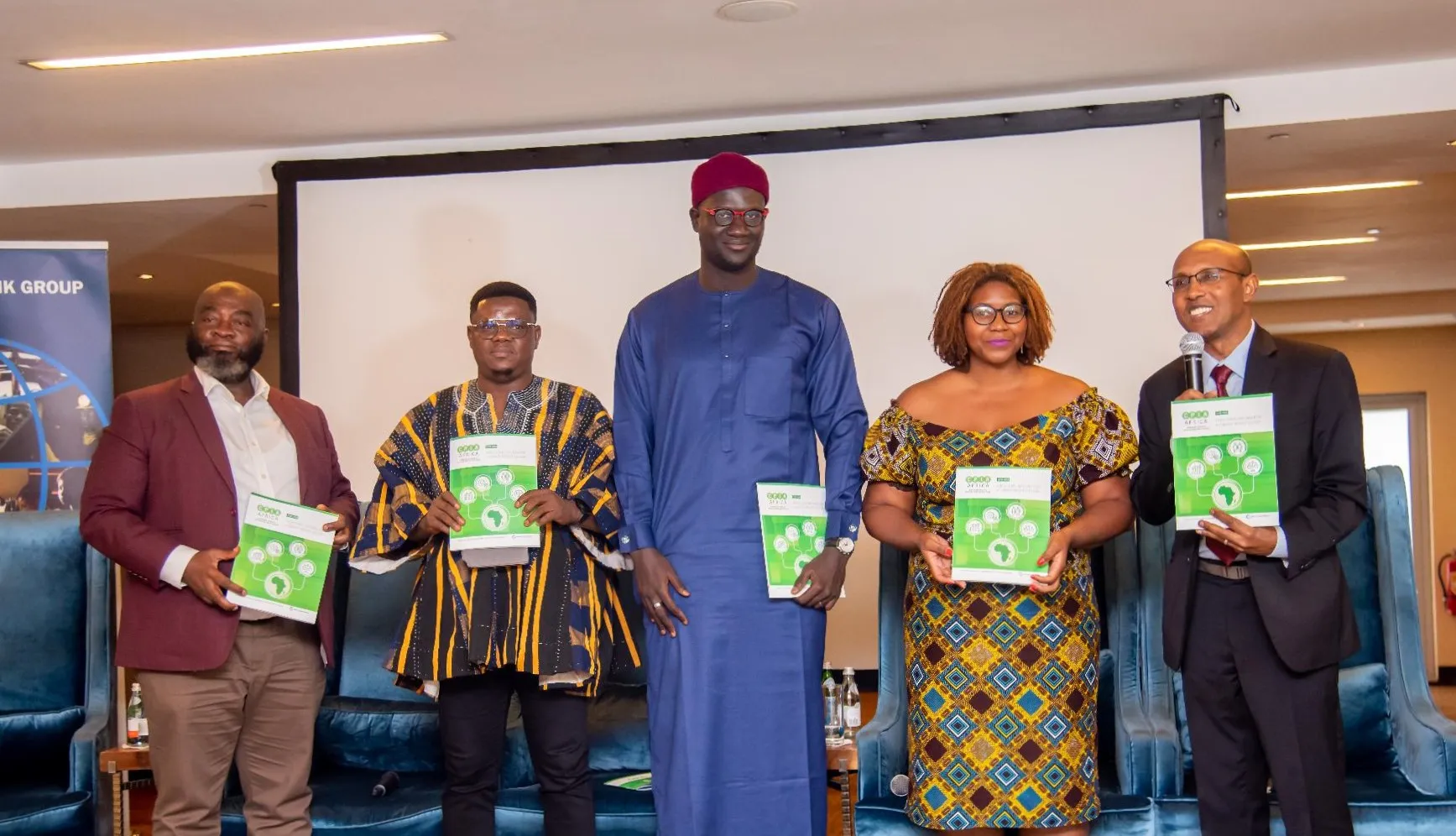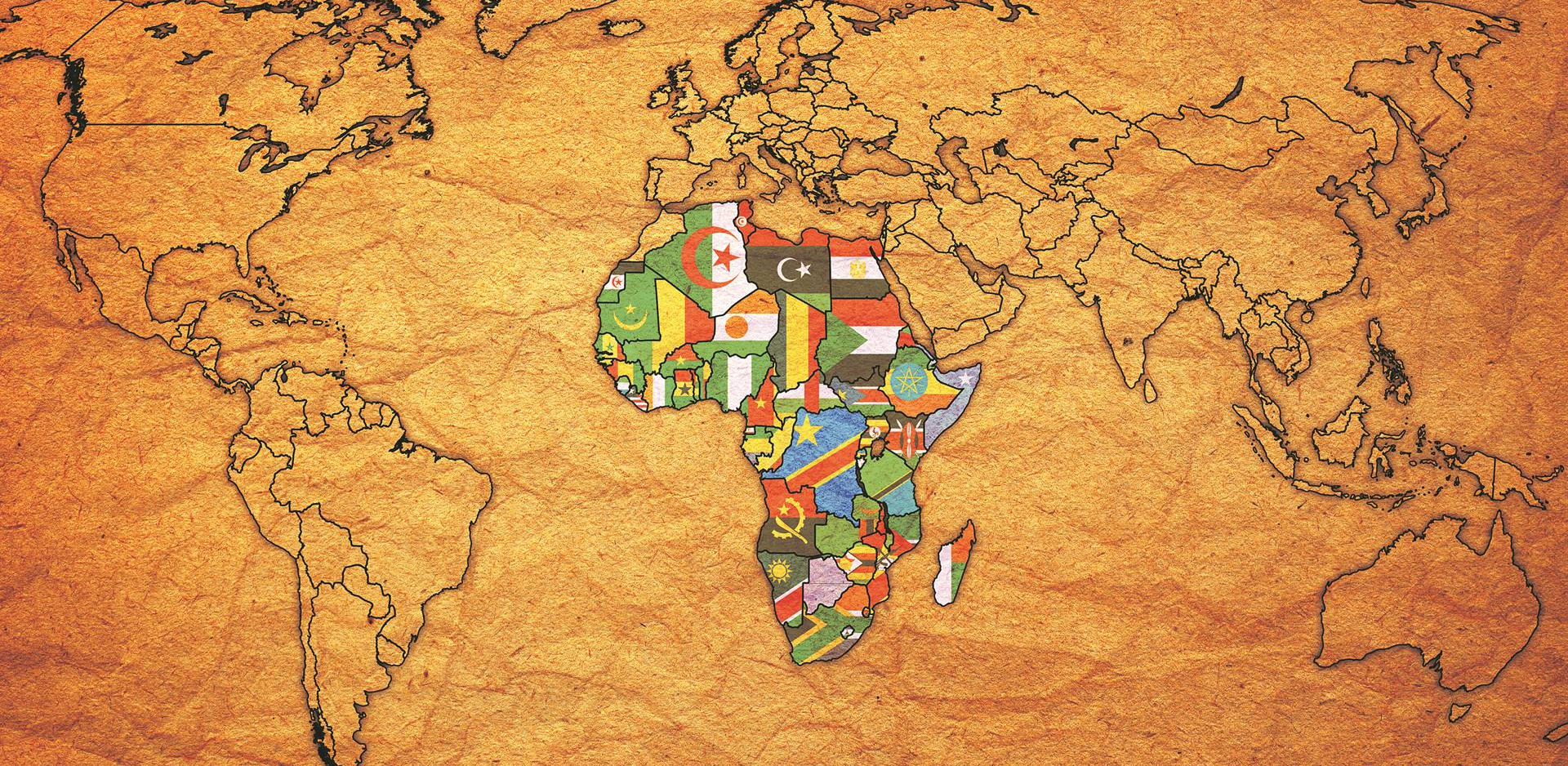Addis Ababa July 13/2024 (ENA) Ethiopia is actively pushing for regional integration not only in terms of trade but also several areas such as infrastructure and energy; and it can in fact be described as even a leader of the African integration journey, ECA experts noted. In an exclusive interview with ENA, African Trade Policy Center Coordinator at ECA Melaku Desta said Ethiopia can be seen as an active participant and a leader in the journey towards African integration. This involves efforts to improve and expand physical connectivity such as roads, railways, ports, and energy networks that link Ethiopia with its neighboring countries and the broader region. By investing in and enhancing infrastructure, Ethiopia aims to facilitate smoother trade flows, foster economic cooperation, and strengthen political ties with its regional neighbors, Melaku elaborated. He further explained that historically, Ethiopia has not been extensively engaged in regional integration efforts. Its approach to such initiatives has often been characterized as reluctant. But, over the past six years, Ethiopia has significantly shifted its stance on regional integration by actively leading both the negotiations and the implementation of the African Continental Free Trade Area (AfCFTA) agreement. “Ethiopia is actively pushing for regional integration not only in terms of trade but also several areas in terms of infrastructure, energy trading and others. I think right now, Ethiopia can be described as an active participant and even a leader of African integration journey” Participation and implementation of the African Continental Free Trade Area (AfCFTA) offer immense...
Ethiopia Actively Promoting Regional Integration through Infrastructure Dev’t: Experts
Posted on: July 18, 2024
Posted on: July 18, 2024






















